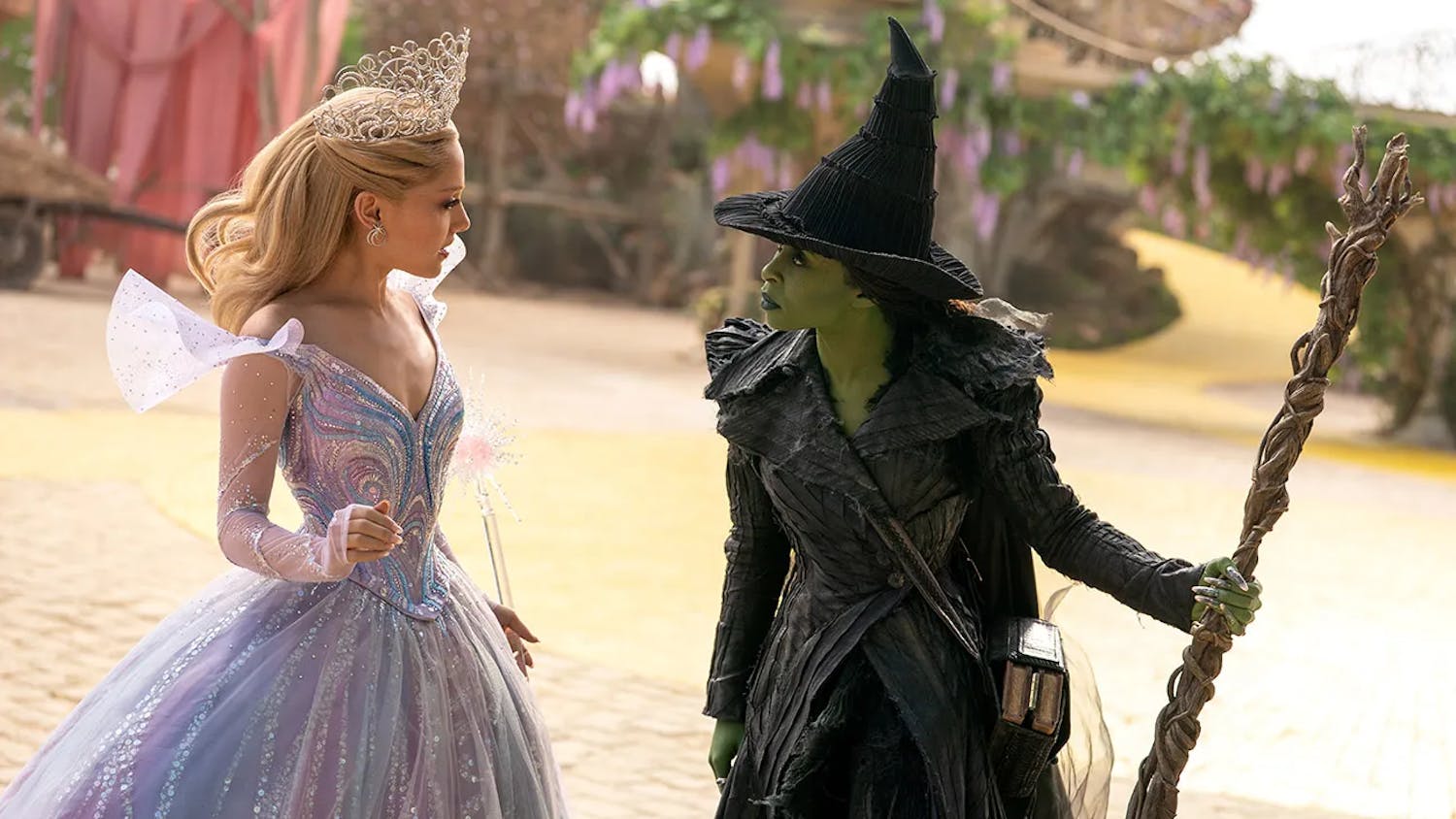Brandon Paak Anderson, aka Anderson .Paak, is an enigma of sorts. Although the soul singer/rapper is following a traditional path to stardom by being discovered by a music mogul that helped expose him to a mainstream audience, Paak’s route has been more trying than others.
At 30 years old, he is relatively older than most new artists on the scene, and that much is evidenced in his music. He does not waste time getting his point across in his lyrics, and the production quality and strong structure are signs that he has been crafting his sound for a few years. He also did not blow up with one song like many other artists today (see Lil Boat), rather garnering a ton of features on the long awaited Dr. Dre album, “Compton”. His inclusion on the album came out of nowhere, as he was not signed to Dr. Dre yet, and his debut album “Venice” has yet to gain any mainstream attention. So when it was announced that he would be signing to Dr. Dre’s Aftermath Entertainment in February, it did not come as a surprise.
Paak is destined to be a star after signing and working with Dr. Dre. Everything Dre touches turns to gold, literally. His track record is impeccable, and he has had amongst the biggest impact on contemporary music. From N.W.A., to Snoop Dogg, to Eminem, to 50 Cent, the Game, and most recently Kendrick Lamar, Dre has produced some of the biggest stars in music. Paak should be no different, and as a seasoned independent artist, he is a bit more polished than the aforementioned artists at the time of their respective signings.
His hunger is shown in songs such as “The Season/Carry Me” saying, “And don’t forget that dot,***** you paid for it/I spent years being called out my name living under my greatness/But what don’t kill me is motivation.” These lines include a reference to the period in front of .Paak; a detail he insists on having since he has been underrated so long.
That motivation led to him crafting one of the best albums of the year thus far in “Malibu.” “Malibu” is soulful, light-hearted and emotional all at once. Paak takes himself seriously, but is self-aware enough to poke fun at situations he encounters and hardships he has faced. The album plays like an old soul record and Paak has an old spirit, singing “I like Hennessy and record players/Teddy Pendergrass and Sammy Davis.” That soulfulness carries the album through a long track-list in which the album rarely reaches a lull.
As a rapper, Paak is witty and effective, but his strengths lie in his song making ability and raspy voice that is packed with soul. In a sense, he is Kendrick Lamar meets Chance the Rapper and Leon Bridges. The production on “Malibu” uses live instrumentation with a combination of free jazz and funk, similar to Kendrick Lamar’s “To Pimp a Butterfly.”
Where Paak differs from Lamar is his easy going approach to records, where the latter can sometimes sound preachy in his autobiographical music. Paak sounds like that neighborhood friend with a good heart that occasionally straddles between right and wrong. The honesty in his content is devastating, as he mentions hardships such as both parents being jailed for seven years and a family history of addiction, but his soulful delivery eases the listener throughout “Malibu.”
There are few criticisms to make of Paak, perhaps a little similar in his rapping to Lamar, and a singing voice that wanes every now and then, but no glaring holes. Now that Paak is signed to Dr. Dre and has the proper support for his music, he can bet people won’t be underrating him much longer.











